Given this backdrop, it is no coincidence that on October 13, 2023, Viktor Orban told public media:
In Brussels today – and this will be a major battle in the coming months – they’re creating rules with which they’ll seek to force us to let in those migrants who are aggressive and violent, and who use weapons against Hungarian border guards at Hungary's southern borders. Brussels wants us to partake in the security risk they have been suffering from for years because of their bad decisions.
The prime minister pointed out that "the EU has decided to distribute refugees who have arrived in Europe illegally. We would also need to take in a few thousand. According to the EU’s current decision, we too would need to build a refugee camp, a migrant ghetto, for around ten thousand people, and we would need to keep the migrants there for a while – before letting them out. So they want to impose something bad on us."
"Despite our protest, a few weeks ago a new migration pact was approved. It is not only about mandatory distribution, but also about overriding Hungary's asylum rules," Csaba Domotor, state secretary at the prime minister’s cabinet, said recently.
Under the regulation, immigrants should be admitted before a decision is taken on their asylum application.
"If we agreed to this, camps would have to be reopened, for example, in Debrecen," the state secretary pointed out, adding that commissioners in Brussels have recently spoken quite openly about the need to bring as many immigrants as possible to Europe, because this will solve labor market problems.
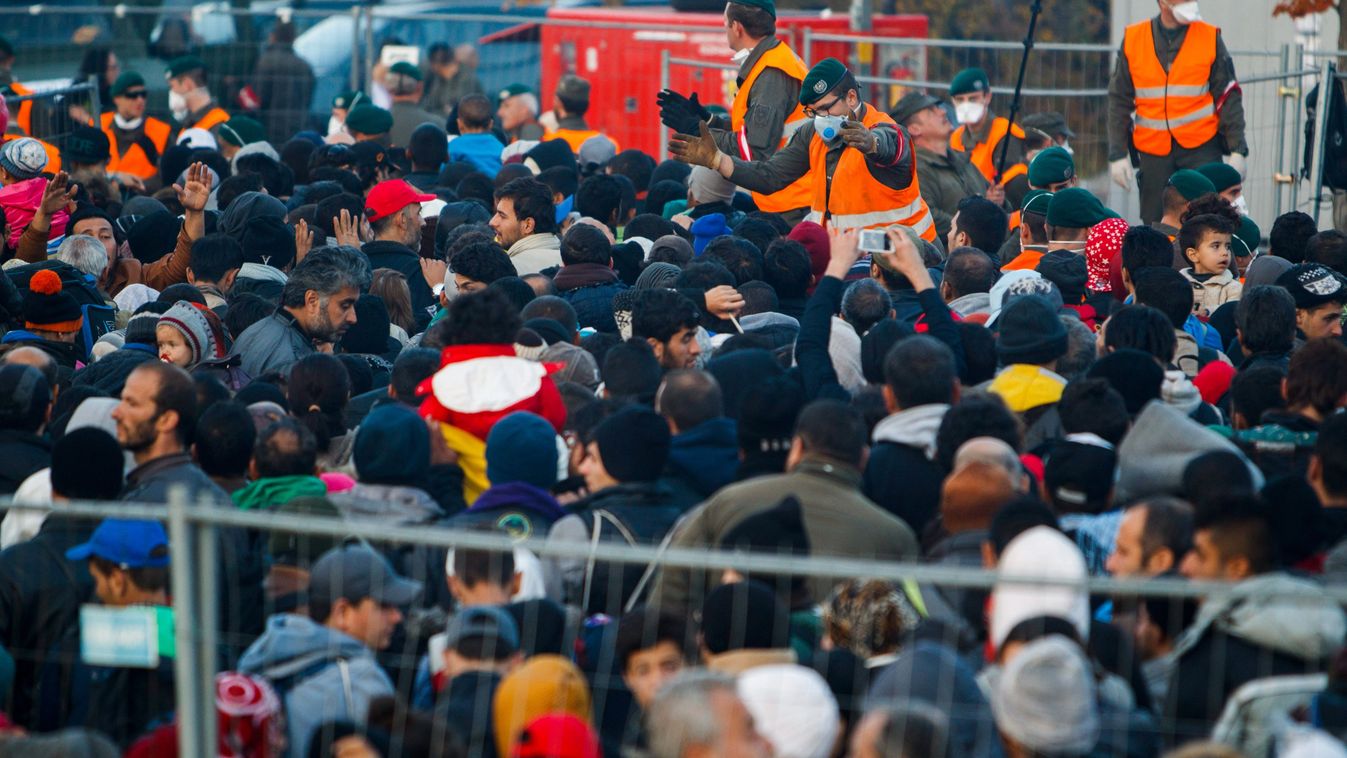

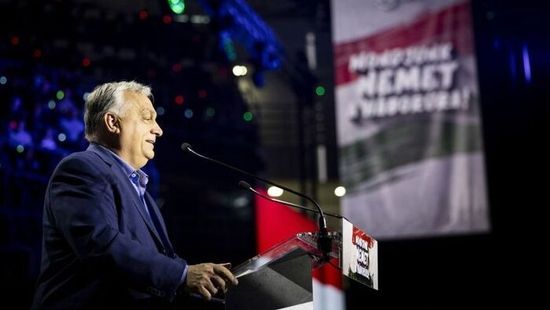




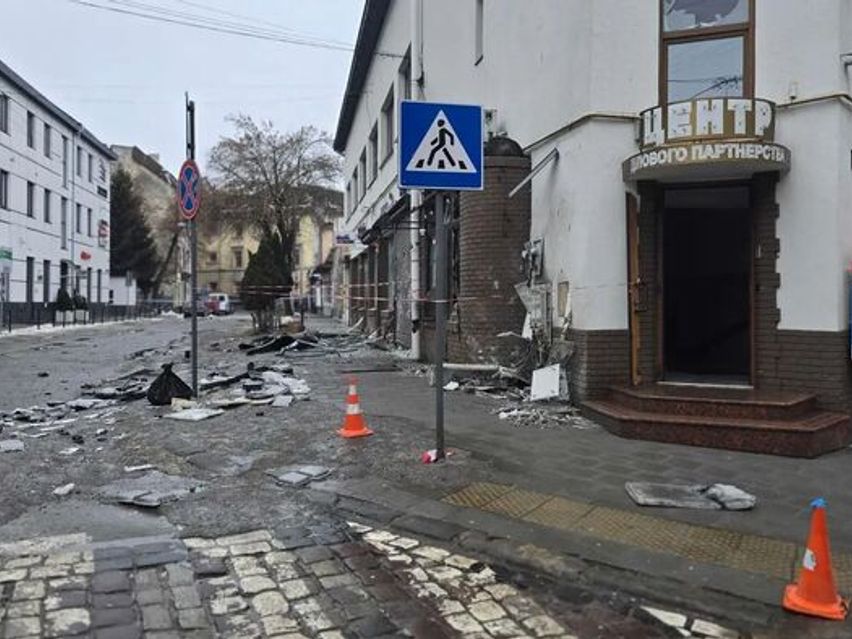
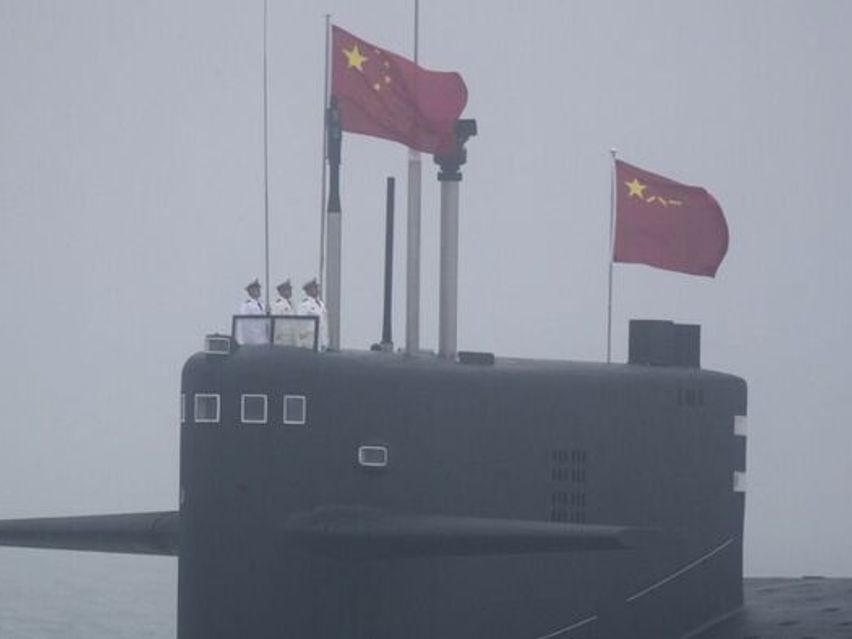
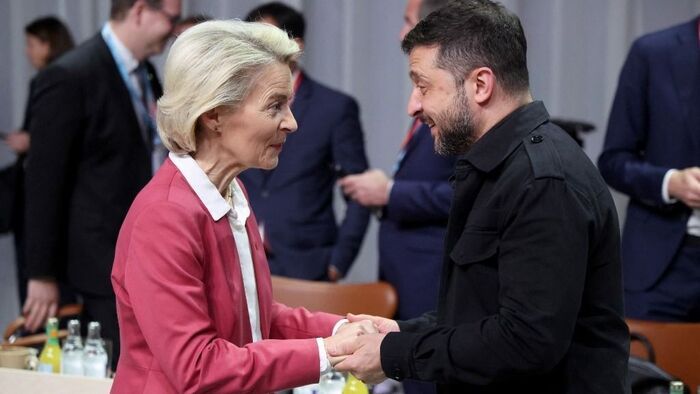


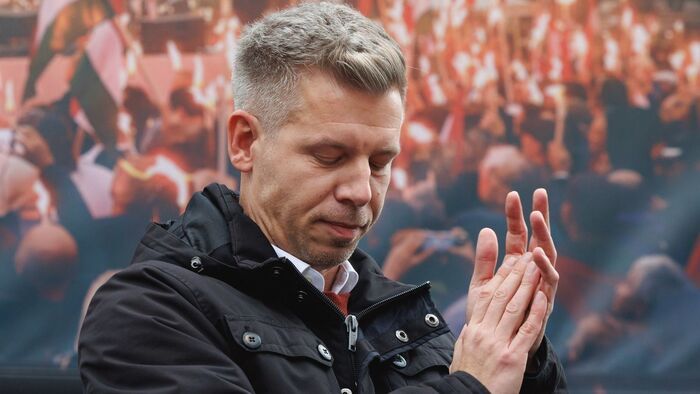

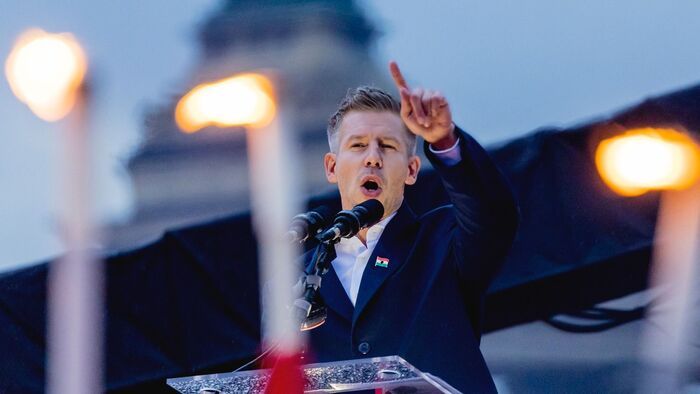
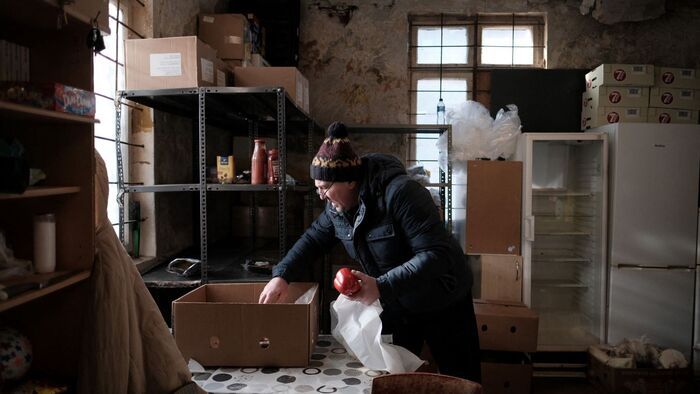
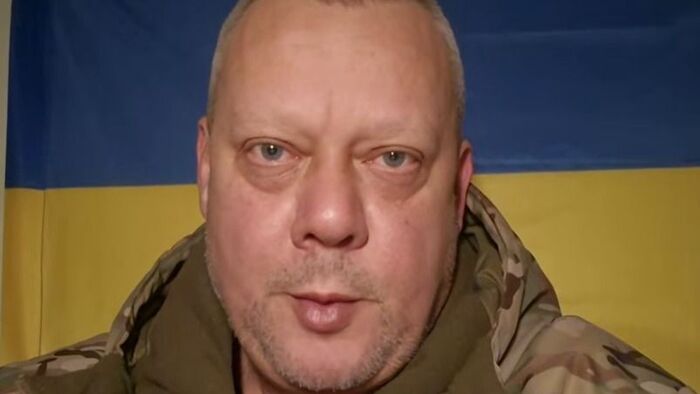



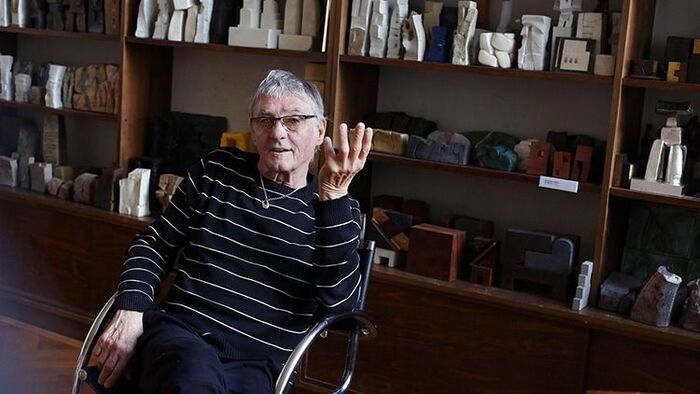


Szóljon hozzá!
Jelenleg csak a hozzászólások egy kis részét látja. Hozzászóláshoz és a további kommentek megtekintéséhez lépjen be, vagy regisztráljon!